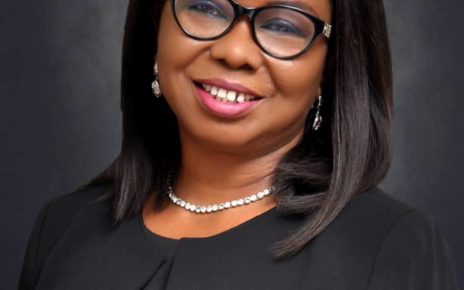The Debt Management Office (DMO) on Wednesday reported an increase of N2.38 trillion in Nigeria’s public debt stock in three months (April-June 2020) thereby pushing the nation’s debt stock to N31.009 trillion or $85.897 billion at the end of half year 2020.
At the end of the first quarter, the total public debt stock, comprising local and external borrowings by national and sub-national governments and the Federal Capital Territory (FCT) stood at N28.628trn or $79.303bn.
The Office also published the reports on Nigeria’s External Debt Stock and Actual External Debt Service Payments in Q2,2020.
It reported: “The data shows that in naira terms, the total public debt stock which comprises the debt stock of the Federal Government, the 36 state governments and the FCT stood at N31.009trn or $85.897bn. The corresponding figures for March 31, 2020, were N28.628trn or $79.303bn.”
Making further clarifications on the debt stock, the DMO attributed the increase in the debt stock by N2.381trn or $6.593bn partly to the recent Federal Government’s $3.36bn budget support loan from the International Monetary Fund and new domestic borrowings to finance the revised 2020 Appropriation Act, including the N162.557 billion Sukuk and promissory notes issued to settle claims of exporters.
It further stated: “The DMO expects the public debt stock to grow as the balance of the new domestic borrowing is raised and expected disbursements are made by the World Bank, African Development Bank and the Islamic Development Bank which were arranged to finance the 2020 Budget.
“Recall that the 2020 Appropriation Act had to be revised in the face of the adverse and severe impact of COVID-19 on government’s revenues and increased expenditure needs on health and economic stimulus, among others,” it added.
The DMO hinted of plans by the fiscal authorities to issue additional promissory notes during the current year to bridge revenue gaps in the budget.




